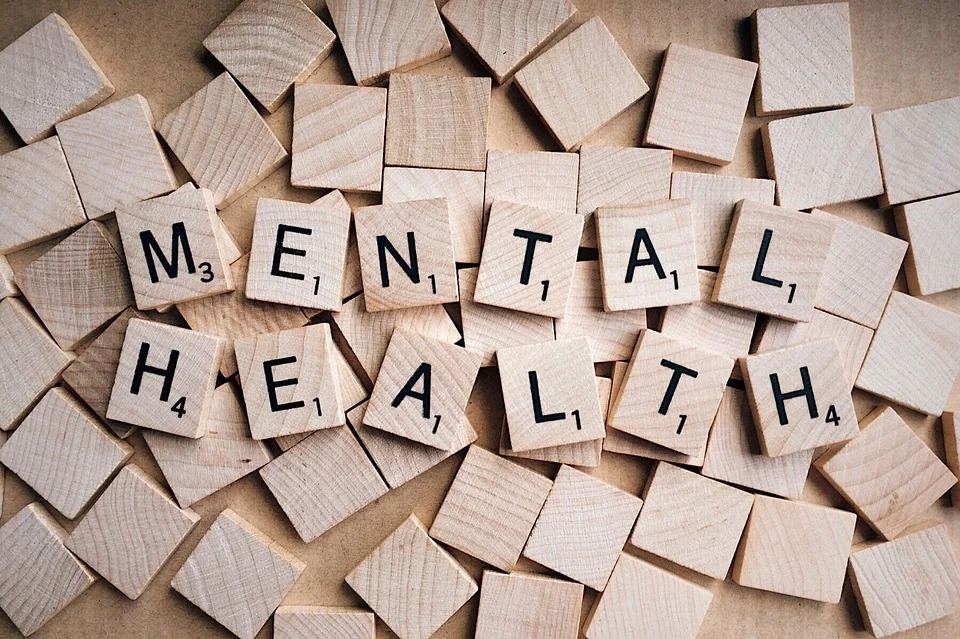FutureLearn: Is Education the Answer to Better Mental Health and stopping Stigmas?

@FutureLearn: In recognition of Mental Health Awareness Week (9th – 15th May 2022), new data from global online learning platform, FutureLearn.com, reveals Brits want a better understanding of mental health from a younger age, with 39% of respondents calling for an increased focus on the topic within the national curriculum. The Future of Learning 2022 Report breaks down UK consumer views on education, with mental health ranking as the second most in-demand subject, especially amongst Millennial respondents (42%), compared with 37% of Gen Zs and 35% of Baby Boomers etc.
- Nearly two fifths (41%) of Brits aged 25-34 believe that effective mental health education is missing from the national curriculum
- 44% of Brits want mental health training to be compulsory for all CEOs and business leaders
- Mental health is the top subject people feel more comfortable learning online versus in person (16%)
The research also found that mental health is the top subject people feel most comfortable learning about online rather than face-to-face (16%), suggesting that online education has a role to play in creating a better understanding of mental health, and encouraging a shift in how the stigmas that still surround it are better addressed..
Mike Zealley, MD of KPMG Learning Services, states: “Some of the stigma associated with mental health has diminished over the years, and it’s now more acceptable to acknowledge the challenges it brings. Life has been hard for the past couple of years and I think we all have more of a connection with mental health issues now.”
There is proof that many stigmas around mental health remain, even amongst younger generations whom experts in the Report have cited to be the “powerhouse” behind opening up the subject. Research conducted by Comic Relief*found that 28% of parents wouldn’t know how to start a conversation with their children about mental health. A recent study by The National Institute for Health and Care** also found that the top stigmas young people faced that stopped them from talking about their mental health were:
- Fear of judgement from their peers
- Feeling embarrassed in case others didn’t feel the same
- Worrying that others would see them as weak or self-absorbed
Wanting a better understanding of mental health stretches further than just education in schools as the needs also reach businesses and employers, with 44% of Brits wanting mental health training to be compulsory for all CEOs and business leaders, and a further 46% who believe everyone at all levels should be upskilled in better mental health and awareness training.
Yvonne Chien, Chief Growth Officer at FutureLearn, said: “As a society we’ve made great strides towards opening up conversations around mental health. However, it’s clear from our report that many difficulties around the topic unfortunately remain for lots of people and for a variety of reasons. At FutureLearn, we believe education can be a powerful tool for creating better awareness and understanding of the challenges some might be facing, and for encouraging real change to continue being made in all aspects of life, whether that’s at home or at work. With a breadth of courses on psychology and mental health available to learn on our platform wherever and whenever, we hope resources such as these can make a lasting impact on people’s lives.”












Responses